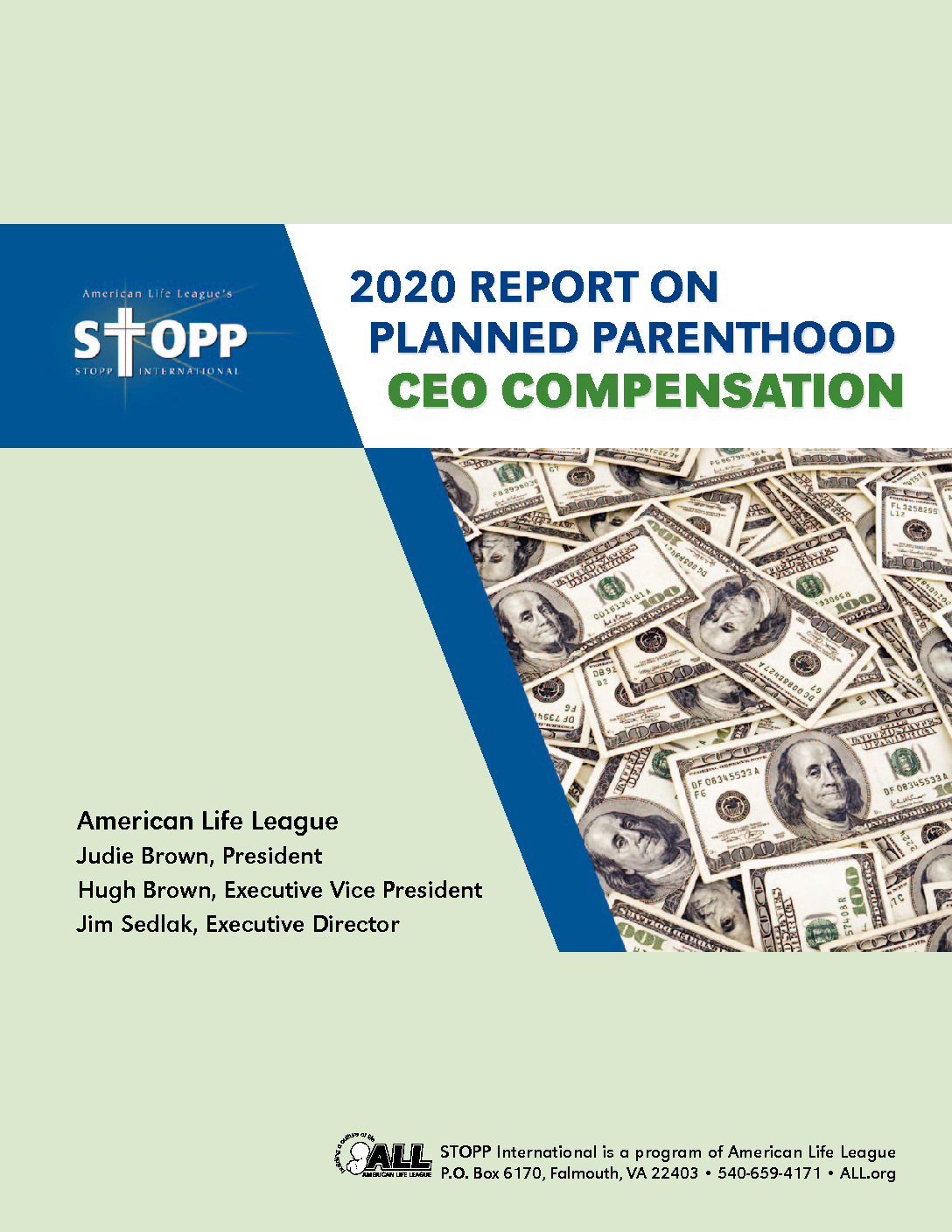By Judie Brown
Today we bring you Part II of our analysis of the risky aspects of palliative care and the intent of those who claim to be experts in how such care should be delivered.
Now that both the House of Representatives and the Senate have jumped into the palliative care arena, we must do all we can to keep our elderly, our ill, and our vulnerable out of this dangerous quicksand. We must never forget that appropriate care for these people does not require political interference!
Pain relief should not be controversial, yet it has become an avenue to imposed death. Thus, there are several things about palliative care that we must understand.
FIGHT PLANNED PARENTHOOD
You can help save a life today!
Make a difference and give light to the darkness.
DONATE
The facts
First, Germaine Wensley, RN defines palliative care accurately:
“At its core, palliative care is a beautiful, total-care concept with a team that might consist of doctors, nurses, therapists, chaplains, psychologists, and others depending on the patient’s needs. The goal is to relieve suffering and give support wherever needed to improve quality of life.”
Second, there are several reasons why, in far too many cases, current palliative care practices do not live up to the definition we just presented, including putting emphasis on cost cutting instead of patient care, the creation of a new model of medicine, and the creation of a bureaucracy that fundamentally affects how medicine is administered.
Third, be aware that one of the nation’s leading experts on palliative care, Ira Byock, MD has explained palliative care by saying:
“Palliative care is a team-based approach to care for people who are facing life-limiting illness and their families, and we focus on people’s comfort and quality of life, decision making often in difficult circumstances such as we’re talking about now and follow them through the end of life.”
Beware and pay attention! Unlike Wensley’s definition, Byock uses the term “life limiting,” which presumes that the patient is dying. So, when “decision making” comes into focus, are those decisions all about how you want your loved one to die?
Fourth: We must understand the physician’s primary responsibility to his patients. As Matt Abbott wrote:
Palliative care done as “Christian witness” attends to the needs of the patient through professional competence and expertise directed toward palliating patient suffering. This meaning of palliative care is not elusive. Misuse of palliative care to create a tool for advancing some other objective ultimately creates misunderstanding and fear.
Those physicians whose primary allegiance is not directed toward serving their patients are not attentive to their patients’ needs. Likewise, doctors who use palliative care directly to control expenses and the common good too often do this at the expense of individual patients’ needs. They badly distort both the nature of palliative care and the essential character of the medical profession, which at one time presumed in favor of life and fought for the gift of life. Finally, these physicians also destroy the trust that is essential between doctors and their patients, further weakening the ideal of the “attending physician.”
Regardless of the importance of finding a more just way to distribute precious or scarce resources, the physician guided by faith must help to lead his colleagues back to the mission of caring for each patient, one human life at a time.
And there you have it. This is why it is so important to understand palliative care and to recognize whether or not your loved one will be cared for in the same way that the Good Samaritan took care of the battered man by the side of the road.
Remember, this kind of ethical care does not require a congressional law! It requires commitment to respect for medical ethics, to the natural law, and to the knowledge that the patient is a human being who is a gift from God. No matter what the disease or the treatment required, the cornerstone of good palliative care always entails loving care, comfort, and consolation in a way governed by devotion to reverence for life, not imposed death.
While the House of Representatives perhaps naively has already passed the Palliative Care and Hospice Education and Training Act, it is not too late to stop the Senate. For our loved ones and ourselves, we must!
Tell your senators we neither need nor want a congressional law that further corrupts healthcare. We want to eliminate the quicksand, not succumb to it!
